In Brief: Soundbites from THRIVING LEADERS FORUM | Session 1
In the inaugural session of the Thriving Leaders Forum, four industry experts gathered to discuss “Geo-politics and supply chain implications for organisations and workforce planning”, including
Aditi Madhock-Naarden, Vice President Human Resources, Global Growth Markets and Chief Equity, Diversity and Inclusion Officer at Tate & Lyle
Alex Capri, Senior Lecturer at Lee Kuan Yew School of Public Policy and Business School (NUS)
Diego Utge, Executive Vice President and Group President of Asia Pacific at Ingram Micro
Edward Buckingham, Professor of Management at Monash Business School
Moderated by Glenn van Zutphen, Founder, CEO of VanMedia Group Pte Ltd
Here are some key highlights from the session:
Diego on reacting to constant shifts in HR:
“We don’t wait - we’re always looking at attrition. We’re constantly looking at how our associates are levelled according to their job grade and that our top performers are well-rewarded and have good opportunities. In times of scarcity, we are even more focused on human capital. Growing our people is our most important asset...”
Aditi on how organisations can cope with talent pool disruptions:
“The tools that we used to rely on, such as an annual compensation survey, are becoming increasingly unreliable measures of what’s happening because the dynamics are changing so quickly. If we wait for an annual survey to decide what to do about salary benchmarking - well, there’s no point. As I keep telling my team, we need to be ‘creatively responding’ to what is. [...] The data that we’ve relied on has to be released, and that’s been challenging because we need to have conversations with business leaders... They’re trying to manage the bottom line, but they’re also seeing increased attrition. We can’t provide data but we are telling them why they need to pay this person more. And that’s going to be the case for the foreseeable future.”
Edward on the effects of global forces on supply chains:
“The dust has not settled. We are in transition - we are moving to a new model. [...] With the environmental catastrophe, we could miss a crop, there’s going to be crop failure and there’s going to be starvation unfortunately, but eventually, we’re going to figure out what’s going to work for this new period, and I suspect it will take five, six, seven years before we settle on a model.”
Alex on companies’ reliance on their supply changes.
“We see companies like Alphabet, one of the most innovative companies ever, saying governments have to start chipping in and investing in transition-type infrastructure. As we transition, we’ll see more of this public-private partnership idea. [...] we're in a paradigm shift, from three decades of hyperglobalization - and it’s lifted a lot of people out of poverty, it’s been profitable and it’s great for consumers - but we’re shifting away from laissez-faire economics and we’re now approaching a managed trade situation where states are much more activist. And that’s a tricky balance.”
Register here for our next Thriving Leaders Forum in August on Consumer Trends and New Market Opportunities - Implications for organisations & What HR Leaders need to know.

